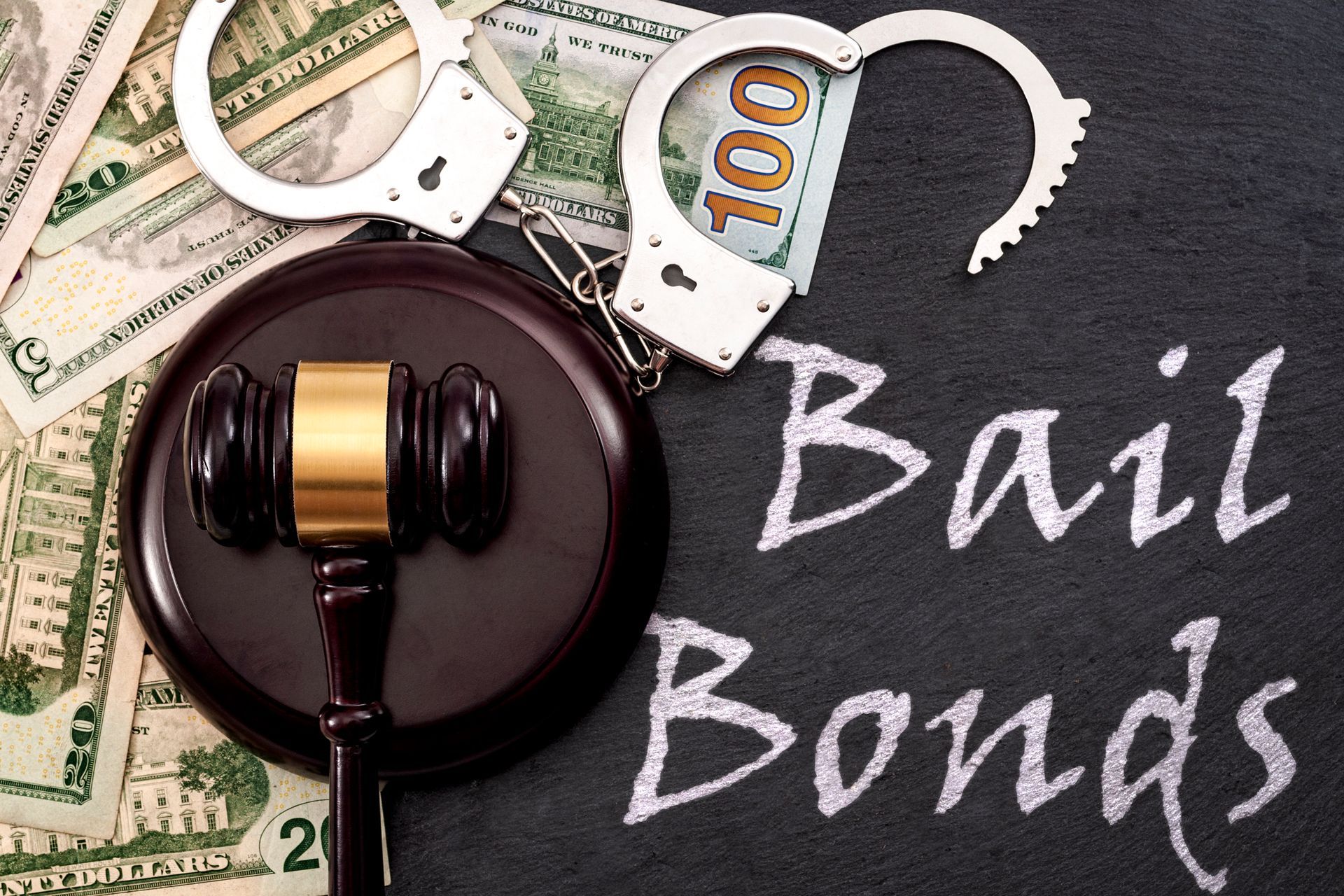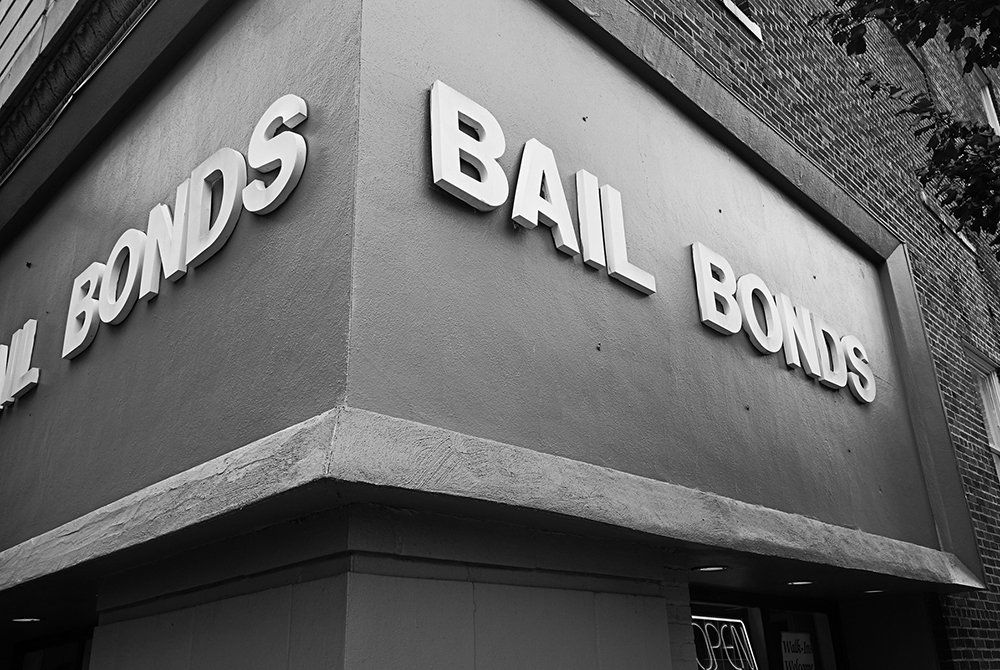WHAT TO KNOW BEFORE CONTACTING BAIL AGENT
Whether you've been charged with a crime and can't afford to put up the full amount of cash for your bond or you're thinking of contacting a bail agent to help out a friend or loved one who's in some legal hot water, you may have questions.
For those who don't have much experience with the criminal justice system, the bail process can seem confusing and intimidating. But because the bail process is subject to heavy government regulation and oversight, it's fairly transparent, giving you the tools you need to make the best decision.
Read on to learn more about your rights and obligations when entering into an agreement with a bail agent, as well as some questions you may want to ask before finalizing the process.
Background on Bail
The purpose of bail in a criminal case is not to punish the defendant or generate a source of revenue for the court but to ensure that the defendant shows up for hearings, trials, and other court proceedings. Failure to appear will result in the revocation of bail.
A bail agent is a licensed, bonded agent whose job is fairly simple: to secure a criminal defendant's attendance at all future court proceedings until the case has concluded. Bail agents come into play when the amount of bail is far more than the criminal defendant can afford on his or her own.
For a non-refundable fee, usually a percentage of the total bail assessed, the bail agent will deposit the bail amount with the court so that the defendant can be released from jail. At this point, the risk of default lies with the bail agent, not the defendant; for this reason, bail agents have a vested interest in making sure the defendant shows up at all hearings.
Your Rights
Whether you're contacting a bail agent yourself or on behalf of a friend or family member, it's important to be aware of your rights throughout the process. As a defendant, you have the right to transparency in the fees and costs you'll be assessed. The bail agent is required to answer your questions on how much you'll pay for his or her services and whether any portion of the funds you provide may be refundable.
You also have the right to be released from jail once you've contracted with a bail agent to post bond on your behalf. While the process of posting bail isn't usually instantaneous - taking anywhere from a few hours to a day or more, depending on the jail staffing needs - being held for more than a day after you've provided a bail agent with the required fee and the bail agent has remitted this fee to the court may be a violation of your constitutional rights.
Your Obligations
Your primary obligation under a bail agreement is to attend all court hearings as scheduled. If you're unable to attend a hearing due to a last-minute emergency, you may be able to file a request to reschedule, but there is no guarantee the court (or your bail agent) will accept this request.
Failing to attend even a single hearing, including being more than a few minutes late for the hearing, could lead to the issuance of a bench warrant for your arrest - and once you've defaulted on one bail agreement, you'll probably have trouble securing bail again.
Many bail agents will personally transport defendants to hearings rather than risk the loss of the money they've put up on your behalf, so if transportation is your issue, you may be able to request some accommodations from your bail agent. Some more questions you may want to ask your bail agent include:
- What are your fees?
- Are any of these fees refundable?
- What type of transportation options do you provide if I'm having trouble attending a hearing?
- What type of advance notice do you require if I think I may be unable to attend a scheduled hearing?
Asking these questions will ensure you're fully aware of your rights and obligations with regard to your agent and your case.
















